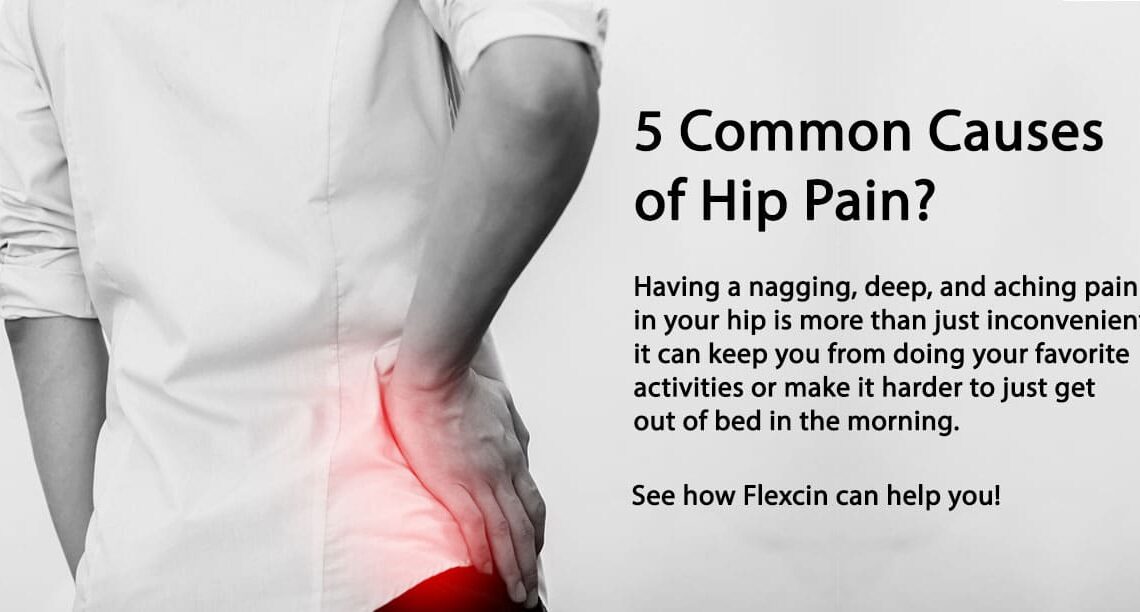Typically, problems within the hip joint are often accompanied by severe or mild pain on the inside of your groin or hip. Hip pain felt outside the upper thigh, hip, or outer buttock is a common complaint caused by injury or inflammation of the ligaments, tendons, muscles, and other soft tissue within your hip joint. In this article, we look at the conditions that could be behind your hip pain and how the Progressive Spine & Sports Medicine Center can help alleviate your discomfort.
Arthritis
Arthritis is the most common cause of long-term hip pain, resulting in difficulty walking, pain, and stiff and tender joints. Different types of arthritis include:
- Osteoarthritis- It is mainly triggered by the wearing down of the cartilage that surrounds your joints due to aging.
- Rheumatoid arthritis- It is mainly triggered by the body’s immune reaction to an attack on the joints resulting in damaged joint cartilage and bones.
- Infectious arthritis- Is caused by an infection in the joint resulting in damaged cartilage.
- Traumatic arthritis- Trauma to a hip joint, like a fracture, may cause traumatic arthritis.
Hip Injuries
Hip injuries are most common in adults with osteoporosis, which is the weakening of the bones mainly due to old age. Hip fractures – which can cause debilitating hip pain – often require immediate surgery and physical therapy to be corrected.
Trochanteric Bursitis
Trochanteric bursitis is also another cause of hip pain. It occurs when the liquid-filled sac near your hip joint (the bursa) suddenly becomes inflamed. Generally, this condition is often triggered by a hip injury or overworking the joints.
Tendonitis
Tendonitis, the most common cause of acute hip pain, is often triggered by too much exercise resulting in very painful inflamed tendons. Fortunately, mild tendonitis usually heals within a couple of days.
When Should You See a Doctor?
Doctors are significantly helpful in treating and managing hip pain. Therefore, it is vital that you consult with your doctor if your hip is bleeding or see an exposed hip bone or muscle. Moreover, you should seek immediate medical treatment if your hip pain is accompanied with:
- Soreness.
- Redness.
- Warmth.
- Swelling.
- Tenderness.
These may be indicators of severe conditions, including septic arthritis or joint infection, which, if left untreated, can result in deformed joints or osteoarthritis.
Hip Pain Treatment
The pain management at Progressive Spine and Sports Medicine use conservative treatments that guarantee their patients’ natural healing and alleviated hip pain. They offer the following highly effective treatment options:
- Rehabilitative exercises and physical therapy.
- Osteopathic Manipulation Treatment (OMT).
- Stem cell therapy, including other regenerative medicines.
- Botox injections.
- Electrical stimulation.
- Acupuncture and electroacupuncture.
- Athletic taping.
- Splinting or bracing.
- Hot or cold therapy.
- Limited use of medications when necessary.
Conclusion
Without the proper treatment, hip pain can negatively affect your normal routine activities like jogging or walking and even your overall health. Los Angeles Acupuncture Therefore, it is essential to consult with reliable medical professionals such as Steven Ferrer, MD, and Kevin McElroy of the Progressive Spine & Sports Medicine in Glen Rock, New Jersey. They offer effective diagnoses and treatments for your hip pain problems. For more information about their services, feel free to book an online consultation or call the office today.










